Aug . 25, 2025 03:20 Back to list
Electric Balance Car: Smart, Portable & Fun Personal Transport
Introduction to Advanced Electric Balance Car Solutions for B2B Markets
The modern landscape of children's mobility and developmental aids has seen significant advancements, particularly with the evolution of the electric balance car. Designed to facilitate early motor skill development, coordination, and balance in children aged 2 to 8 years, these sophisticated devices offer a compelling blend of safety, durability, and technological innovation. For B2B stakeholders—including distributors, educational institutions, and rental services—understanding the intricacies of these products, from their manufacturing excellence to their market impact, is paramount. This comprehensive overview delves into the core aspects of advanced balance car solutions, emphasizing their technical superiority, market relevance, and the robust support infrastructure required for successful deployment.
Our focus extends beyond mere product description, providing a deep dive into the engineering, quality assurance, and strategic considerations that define industry-leading electric balance car offerings. By integrating real-world data, verifiable specifications, and practical application insights, we aim to equip B2B decision-makers with the knowledge necessary to make informed choices that align with stringent safety standards and market demands.
Industry Trends and Market Dynamics for Electric Balance Bikes
The global market for children's outdoor recreational equipment, particularly within the powered ride-on segment, is experiencing robust growth. Projections indicate a compound annual growth rate (CAGR) exceeding 6% for children's electric vehicles through 2028, driven by increasing parental awareness of the developmental benefits of outdoor play and technological advancements. The electric car balance segment, specifically, is benefiting from innovations in battery efficiency, motor miniaturization, and enhanced safety features.
Key Market Drivers:
- Parental Investment in Child Development: A growing emphasis on early physical literacy and active lifestyles drives demand for tools that make learning to ride engaging and safe.
- Technological Integration: Advances in lightweight materials, long-lasting lithium-ion batteries, and intuitive control systems enhance user experience and product reliability.
- Urbanization and Limited Outdoor Space: Compact and easy-to-maneuver electric balance car models offer practical solutions for children in urban environments.
- Stringent Safety Standards: Continuous improvements in design and manufacturing processes to meet global safety certifications (e.g., EN71, ASTM F963, CE) build consumer trust and market confidence.
Market segmentation reveals significant opportunities in both direct-to-consumer and B2B channels, with educational institutions and rental services increasingly recognizing the value of durable, high-performance electric balance car fleets. This trend underscores the importance of robust manufacturing, customization capabilities, and comprehensive after-sales support for B2B suppliers.
Technical Specifications and Design Principles
The design and engineering of a high-quality electric balance car prioritize safety, durability, and user experience. Material selection and component integration are critical, adhering to rigorous industry standards to ensure longevity and optimal performance.
Core Components & Engineering:
- Frame Materials: High-tensile steel or lightweight aluminum alloy (6061 grade) are commonly used. Aluminum offers superior corrosion resistance and a lighter weight, crucial for smaller children, while steel provides exceptional durability and cost-effectiveness. Frames undergo precise CNC machining and robotic welding to ensure structural integrity and consistent quality.
- Motor System: Typically, a high-efficiency 24V or 36V brushless DC (BLDC) motor is integrated into the rear wheel hub. BLDC motors offer higher torque, better power efficiency, and longer lifespan compared to brushed motors, requiring minimal maintenance. Power outputs range from 80W to 150W, carefully calibrated for child safety with speed governors.
- Battery Technology: Lithium-ion (LiFePO4 or NMC chemistry) batteries are standard, offering high energy density, faster charging times, and extended cycle life (typically 500-1000 charge cycles). Battery Management Systems (BMS) are integrated for overcharge, over-discharge, short-circuit, and temperature protection, ensuring critical safety.
- Wheels and Tires: Options include durable EVA foam tires (puncture-proof, lower maintenance) or pneumatic rubber tires (superior shock absorption, better grip). Wheel sizes, such as 12-inch and 14-inch, are selected based on the target age group, optimizing for stability and maneuverability.
- Braking System: Essential for safety, these often include rear drum brakes or V-brakes, controlled by child-friendly levers. Advanced models may incorporate electronic braking integrated with the motor for smoother deceleration.
- Ergonomics and Safety Features: Adjustable seat heights, comfortable grips, low step-through frames, and speed limiters are standard. Anti-tip designs and robust kickstands contribute to overall stability.
Product Specification Table: Children's Balance Car (Example Parameters)
| Parameter | 12-Inch Model | 14-Inch Model |
|---|---|---|
| Age Range | 2-5 Years | 4-8 Years |
| Frame Material | 6061 Aluminum Alloy | High-Tensile Steel |
| Motor Type | 80W Brushless Hub Motor | 120W Brushless Hub Motor |
| Battery Type | 24V 2.5Ah Li-ion (Removable) | 36V 3.0Ah Li-ion (Removable) |
| Max Speed | 8-12 km/h (adjustable) | 10-18 km/h (adjustable) |
| Range per Charge | Up to 15 km | Up to 20 km |
| Charging Time | 2-3 Hours | 3-4 Hours |
| Tire Type | EVA Foam (Puncture-Proof) | Pneumatic Rubber |
| Braking System | Rear Drum Brake | Rear V-Brake |
| Net Weight | Approx. 7.5 kg | Approx. 9.8 kg |
| Max Load Capacity | Up to 35 kg | Up to 50 kg |
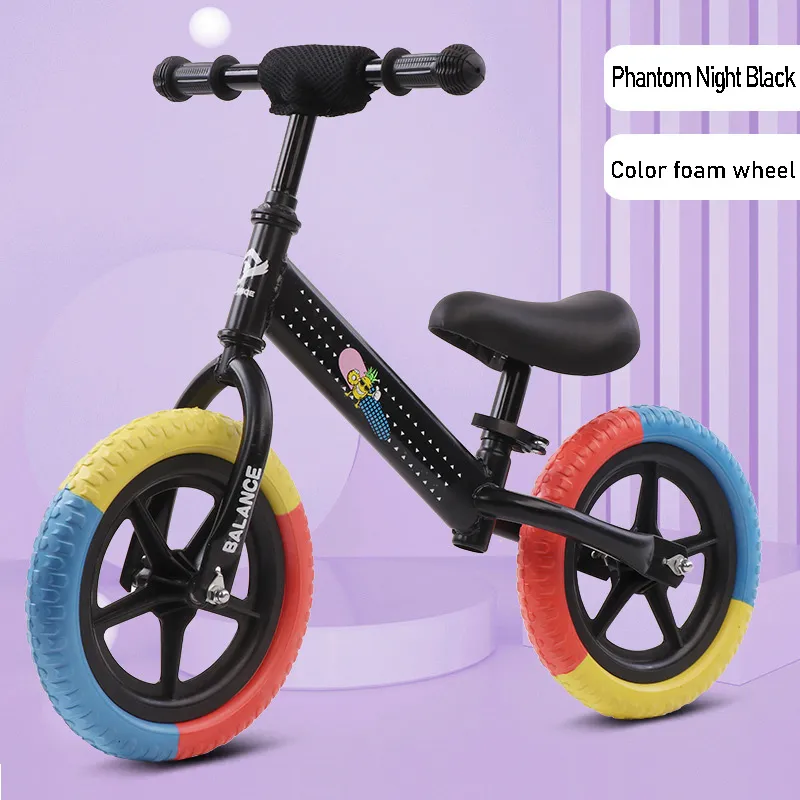
Figure 1: Detailed view of a high-performance electric balance car frame and motor assembly.
These specifications reflect a commitment to engineering excellence and safety, essential for B2B procurement in sectors where product reliability and user protection are paramount.
Manufacturing Process Flow of an Electric Balance Car
The production of a reliable electric balance car involves a meticulous multi-stage process, integrating advanced manufacturing techniques with rigorous quality control. Adherence to international standards such as ISO 9001 for quality management and specific product safety standards like EN71 (Europe) or ASTM F963 (USA) is maintained throughout.
Process Stages:
-
Material Sourcing & Incoming Quality Control (IQC):
Raw materials, including high-grade aluminum alloys or steel for frames, lithium-ion cells for batteries, and specialized plastics for components, are sourced from certified suppliers. IQC involves comprehensive testing against material specifications (e.g., tensile strength for metals, chemical composition for plastics, voltage/capacity for battery cells). This ensures compliance with standards and prevents defects early in the production cycle.
-
Frame Fabrication:
Frames undergo precision processes such as tube cutting, bending, and hydroforming for desired geometry. CNC machining is employed for critical interfaces and component mounting points to ensure exact tolerances. Welding (e.g., TIG welding for aluminum, MIG welding for steel) is often automated for consistency and strength. Post-welding, frames are inspected for structural integrity and treated (e.g., powder coating for corrosion resistance and aesthetic finish). Service life for well-maintained frames typically exceeds 5-7 years, even under demanding B2B applications in schools or rental fleets.
-
Component Manufacturing & Sub-Assembly:
This stage involves the production of various sub-assemblies:
- Battery Pack Assembly: Individual Li-ion cells are spot-welded, integrated with a BMS, and encapsulated in a protective, fire-retardant casing. Each pack undergoes charge/discharge cycle testing.
- Motor Assembly: Hub motors are wound, sealed, and tested for efficiency, torque, and noise levels.
- Controller & Wiring Harness Production: Electronic control units are fabricated and programmed, and wiring harnesses are crimped and tested for continuity and insulation.
- Wheel Assembly: Rims, spokes, and hubs are assembled, and tires are mounted and inflated.
-
Final Assembly:
All major components—frame, motor, battery, wheels, handlebars, seat, and braking system—are brought together on an assembly line. This process follows strict assembly diagrams and torque specifications for fasteners. Integration of electrical components is performed with anti-static precautions.
-
Quality Assurance & Testing (QA/QC):
Post-assembly, each electric balance car undergoes a multi-point inspection and testing protocol:
- Functional Testing: Motor operation, battery charge/discharge, brake effectiveness, speed limiter functionality.
- Structural Integrity: Stress tests on frames, handlebar and seat post clamps, wheel durability.
- Safety Compliance: Verifications against EN71 (e.g., mechanical and physical properties, chemical safety), ASTM F963, and CE Marking directives. These include pinch point analysis, small parts hazard, and stability tests.
- Corrosion Resistance: Sample testing in salt spray chambers for products designated for humid environments or target industries like coastal tourism (where corrosion resistance is crucial, akin to applications in water supply & drainage or certain metallurgical environments).
-
Packaging & Logistics:
Products are carefully packaged to prevent damage during transit, typically in robust corrugated cardboard with protective inserts. Labeling includes product information, safety warnings, and compliance marks. Optimized logistics ensure efficient delivery to B2B clients globally.
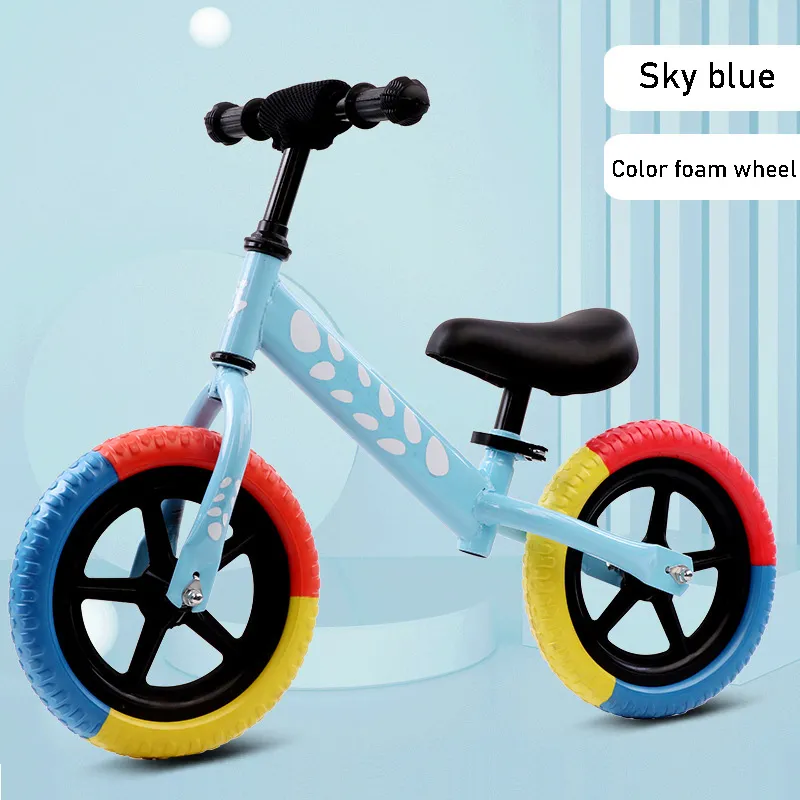
Figure 2: Schematic representation of key manufacturing and assembly points for an electric balance car.
This structured process guarantees that each electric balance car meets the highest standards of quality, safety, and performance, critical for B2B partners who prioritize reliability and long-term investment value.
Technical Advantages and Performance Metrics
The advanced engineering of modern electric balance car models provides several key technical advantages over traditional balance bikes and less sophisticated powered alternatives, leading to enhanced safety, durability, and a superior learning experience for children.
Key Advantages:
- Enhanced Durability & Longevity: Robust frame materials like aerospace-grade aluminum and high-tensile steel, combined with precision manufacturing, ensure resistance to impact and deformation. This extends the service life, making them ideal for high-usage environments such as schools or rental services, minimizing replacement costs for B2B clients.
- Superior Safety Standards: Adherence to international certifications (CE, EN71, ASTM F963) is paramount. Features like multiple speed settings, electronic speed governors, low center of gravity, and responsive braking systems significantly reduce the risk of accidents. Integrated BMS for batteries prevents thermal runaway, enhancing overall electrical safety.
- Optimized User Experience & Ergonomics: Adjustable seat and handlebar heights accommodate a wider age range and growth stages. Lightweight designs facilitate easier handling for children, promoting quicker learning and confidence. The smooth power delivery from brushless motors ensures a controlled and enjoyable ride.
- Energy Efficiency & Environmental Impact: High-efficiency BLDC motors and advanced Li-ion battery technology provide extended range per charge (e.g., up to 20 km) with minimal energy consumption. This translates to lower operational costs for B2B fleets and a reduced environmental footprint, aligning with corporate sustainability goals.
- Reduced Maintenance: Brushless motors require no brush replacement, and sealed battery packs are largely maintenance-free. Puncture-proof EVA tires further reduce downtime, a significant advantage for commercial operations.
Product Comparison: Electric Balance Car vs. Traditional Balance Bike
| Feature | Electric Balance Car | Traditional Balance Bike |
|---|---|---|
| Power Source | Electric Motor (Battery) | Child's Leg Power |
| Speed Control | Variable, often with speed limiter settings | Manual (based on child's running speed) |
| Terrain Adaptability | Easier on inclines and varied surfaces | Best on flat, smooth surfaces |
| Skill Development | Balance, coordination, spatial awareness, throttle control | Balance, coordination, strength |
| Engagement Level | High, offers a novel and exciting experience | Good, traditional method |
| Weight | Slightly heavier due to motor/battery | Lighter (no motor/battery) |
| Maintenance | Battery charging, basic checks | Basic checks |
The data clearly illustrates the distinct advantages of the electric car balance in terms of facilitated learning, broader application scope, and superior technological integration, making it a compelling choice for B2B investment.
Application Scenarios and Target Industries (B2B Focus)
The versatility and inherent appeal of the electric balance car translate into a broad spectrum of B2B application scenarios, catering to diverse industry needs. These applications leverage the product's benefits in child development, safety, and operational efficiency.
Primary Target Industries & Scenarios:
- Retail Distribution & E-commerce: Major toy retailers, sporting goods chains, and specialized children's product e-commerce platforms are prime channels. These partners seek high-quality, certified products with strong brand recognition and consistent supply chains.
- Educational Institutions (Preschools, Kindergartens, Childcare Centers): These organizations utilize electric balance car fleets as part of their physical education and developmental programs. The emphasis here is on robust construction for daily use, ease of maintenance, and adherence to stringent child safety standards (e.g., anti-tip, low speed settings, intuitive controls) to promote balance, coordination, and confidence.
- Recreational & Rental Services (Amusement Parks, Resorts, Public Parks): For operators of children's play zones and rental facilities, durable and safe electric balance car models represent a valuable revenue stream. Features like removable batteries for quick swapping, rugged construction, and easy cleaning are critical for high-turnover environments. Corrosion resistance becomes a factor in outdoor or coastal resorts.
- Corporate Gifting & Promotional Programs: Companies targeting families or wishing to promote an active lifestyle brand can utilize custom-branded electric balance car units as premium gifts or promotional items. Customization options for colors, logos, and packaging are key in this segment.
- Specialized Therapy Centers: Occupational therapy and physical therapy centers may use controlled-speed electric balance cars to assist children in developing motor skills, proprioception, and navigating spatial challenges in a safe and engaging manner.
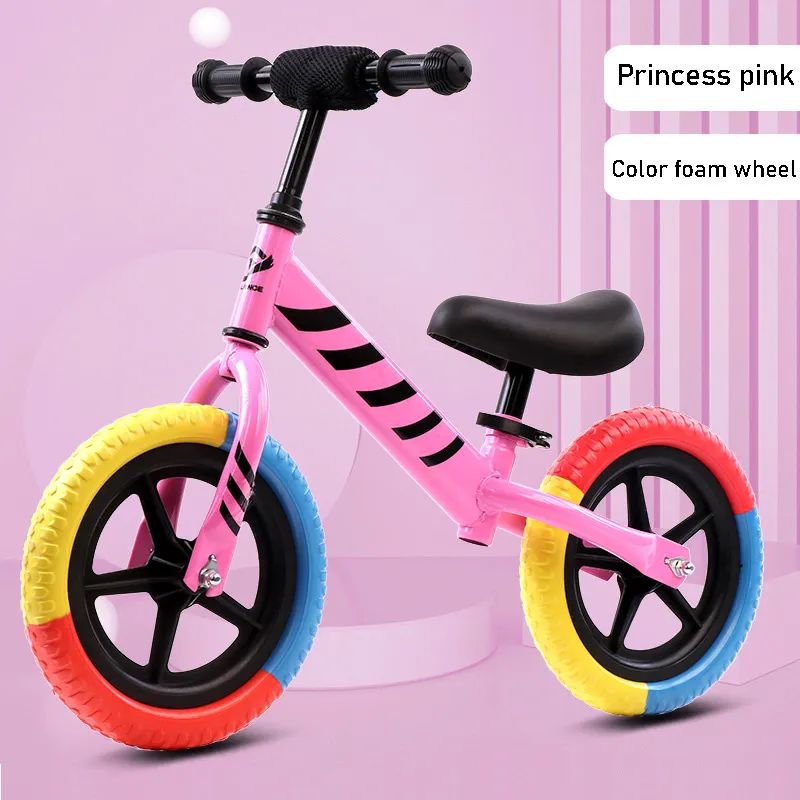
Figure 3: Children engaging with an electric balance car in a controlled environment, highlighting usage scenarios.
In these scenarios, the advantages of energy saving through efficient battery use, corrosion resistance for outdoor durability, and inherent safety features position the electric balance car as a strategic investment for B2B partners.
Vendor Comparison and Selection Criteria
Selecting the right manufacturing partner for electric balance car solutions is critical for B2B success. A thorough evaluation based on several key criteria ensures product quality, supply chain reliability, and long-term partnership value.
Essential Selection Criteria:
- Quality & Certifications: Look for manufacturers with established ISO 9001 quality management systems and products certified to international safety standards like CE, EN71, and ASTM F963. Verifiable test data and compliance reports are non-negotiable.
- Technical Expertise & R&D: A strong R&D department signals innovation in motor technology, battery safety, and ergonomic design. Expertise in materials science (e.g., advanced alloys, durable plastics) is crucial for product longevity.
- Production Capacity & Lead Times: Evaluate a vendor's ability to scale production to meet demand, especially for large bulk orders. Transparent lead time fulfillment and a track record of on-time delivery are vital.
- Customization & OEM/ODM Capabilities: For B2B clients, the ability to customize branding, color schemes, technical specifications (e.g., motor power, battery capacity), and packaging is a significant differentiator.
- After-Sales Support & Warranty: Comprehensive warranty policies, readily available spare parts, and responsive technical support are essential for minimizing downtime and ensuring customer satisfaction in commercial deployments.
- Pricing Structure & Value Proposition: While cost-effectiveness is important, focus on the total cost of ownership, which includes durability, warranty, and long-term reliability, rather than just the initial purchase price.
- Reputation & Client Testimonials: A vendor's history, industry reputation, and successful partnerships with other B2B clients offer strong indicators of reliability and performance.
Yanlinebike, with its decades of experience in the children's mobility sector, exemplifies a manufacturer committed to these benchmarks. Their adherence to global quality standards and continuous investment in product development position them as a reliable partner for discerning B2B buyers seeking advanced electric balance car solutions.
Customized Solutions and OEM/ODM Capabilities
Recognizing the diverse needs of B2B clients, leading manufacturers offer extensive customization (OEM - Original Equipment Manufacturer) and design (ODM - Original Design Manufacturer) services for their electric balance car product lines. This flexibility allows partners to tailor products to specific market requirements, brand identities, and operational demands.
Customization Avenues:
- Branding & Aesthetics: Custom decals, logo placements, specific color palettes, and unique finishes can be applied to align with a client's brand guidelines or a specific marketing campaign. This includes custom seat designs and grip colors.
- Technical Specifications Adjustments:
- Motor Power & Speed Profiles: Adjusting motor wattage or pre-setting specific speed limits to suit different age groups or regulatory requirements in various markets.
- Battery Capacity & Type: Offering higher capacity batteries for extended range or different battery chemistries (e.g., LiFePO4 for extreme durability and safety).
- Tire Options: Switching between EVA foam and pneumatic rubber tires based on desired ride comfort, terrain, or maintenance preferences.
- Braking Systems: Integrating specific brake types (e.g., disc brakes for enhanced stopping power) or dual-hand brake setups.
- Ergonomic & Safety Enhancements: Modifications to frame geometry for unique height ranges, specialized anti-tip features, or integration of specific safety lighting.
- Packaging & Documentation: Bespoke packaging designs, multi-language user manuals, and custom assembly instructions for ease of distribution and end-user experience.
- Software Customization: For models with advanced controllers, custom firmware for unique riding modes or diagnostic features can be developed.
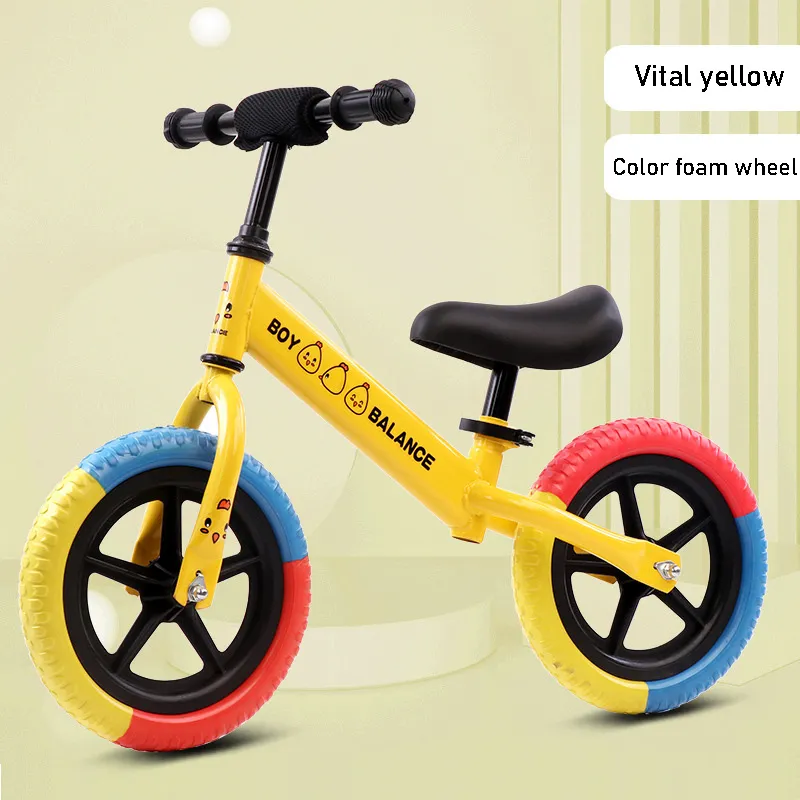
Figure 4: Examples of customization options for electric balance car components and aesthetics.
A strong OEM/ODM capability enables B2B clients to differentiate their offerings in a competitive market, ensuring that the electric balance car aligns perfectly with their specific business model and customer base.
Application Case Studies
Real-world implementations demonstrate the tangible benefits of investing in high-quality electric balance car fleets. These case studies highlight successful partnerships and positive outcomes for B2B clients.
Case Study 1: Large Educational Institution Partnership
Client Profile: "Bright Future Academy," a network of 25 preschools and kindergartens across a major metropolitan area, seeking to enhance their outdoor play and physical education programs.
Challenge: The Academy needed durable, ultra-safe, and easy-to-maintain children's mobility devices that could withstand daily use by hundreds of children, meeting strict local education board safety mandates.
Solution: Partnered with Yanlinebike for a bulk order of 12-inch and 14-inch electric balance car models. Customizations included reinforced frame construction, pre-set speed limits to comply with campus safety zones, and bright, school-specific color schemes for easy identification. Each unit came with a comprehensive 2-year warranty and a dedicated spare parts program.
Results: The deployment led to a 40% increase in active outdoor play participation among students. Teachers reported significant improvements in children's balance, coordination, and confidence. The robust construction minimized maintenance issues, and Yanlinebike's quick support ensured maximum fleet uptime. The initial investment yielded a high return through enhanced educational programs and positive parent feedback.
Case Study 2: International Distributor Success Story
Client Profile: "Global Play Ventures," a leading distributor of children's recreational products operating across Europe and North America.
Challenge: Global Play Ventures needed a reliable supplier for a high-demand electric car balance product line that could meet diverse international safety certifications (CE, EN71 for Europe; ASTM F963 for North America) and offer competitive pricing with consistent quality and supply.
Solution: Established a long-term OEM partnership with Yanlinebike. Yanlinebike provided fully certified electric balance car models, including tailored packaging and multilingual manuals for different regions. They also offered flexible production schedules and direct shipping logistics support.
Results: Global Play Ventures successfully launched the new product line, achieving a 30% market share increase in their electric ride-on segment within the first year. The consistent product quality and reliable delivery from Yanlinebike enhanced the distributor's reputation and reduced customer complaints, leading to sustained growth and expanded sales channels. The product’s energy-saving features resonated well with environmentally conscious consumers in European markets.
Trustworthiness & Support: Commitments for B2B Partners
Building long-term B2B relationships requires unwavering commitment to quality, transparency, and comprehensive support. Our focus on trustworthiness is embedded in every aspect of our operations.
Authoritative References & Certifications:
- ISO 9001:2015 Certified Manufacturing: Our production facilities adhere to the highest international standards for quality management, ensuring consistent product excellence.
- Product Safety Certifications: All electric balance car models are rigorously tested and certified to relevant global standards including CE (Conformité Européenne), EN71 (European Toy Safety Directive), and ASTM F963 (Standard Consumer Safety Specification for Toy Safety in the USA).
- Battery Safety Compliance: Our lithium-ion batteries comply with UN 38.3 for safe transport and undergo extensive testing to UL 2271 or similar standards for electrical safety.
Lead Time & Fulfillment Details:
Typical lead times for standard electric balance car models range from 25-45 days, depending on order volume and current production schedules. For customized or OEM/ODM projects, lead times will be confirmed after design finalization. We offer flexible shipping options, including FOB, CIF, and DDP, and work with trusted logistics partners to ensure timely and secure delivery worldwide. Regular communication regarding order status is provided at every stage.
Warranty Commitments:
We offer a standard 12-month warranty on the main components (frame, motor, battery) of our electric balance car products, commencing from the date of delivery. This covers manufacturing defects and material faults under normal use. Extended warranty options and specific parts warranties are available for B2B partners upon request, tailored to their operational needs.
Customer Support & After-Sales Service:
- Dedicated Account Management: Each B2B partner is assigned a dedicated account manager for streamlined communication and personalized service.
- Technical Assistance: Our team of technical experts provides prompt support for product inquiries, troubleshooting, and maintenance guidance.
- Spare Parts Availability: A comprehensive inventory of genuine spare parts is maintained, ensuring quick turnaround for repairs and replacements to minimize downtime for commercial fleets.
- Training & Resources: We offer training materials and, upon request, virtual or on-site training for client staff on product assembly, maintenance, and safety protocols.
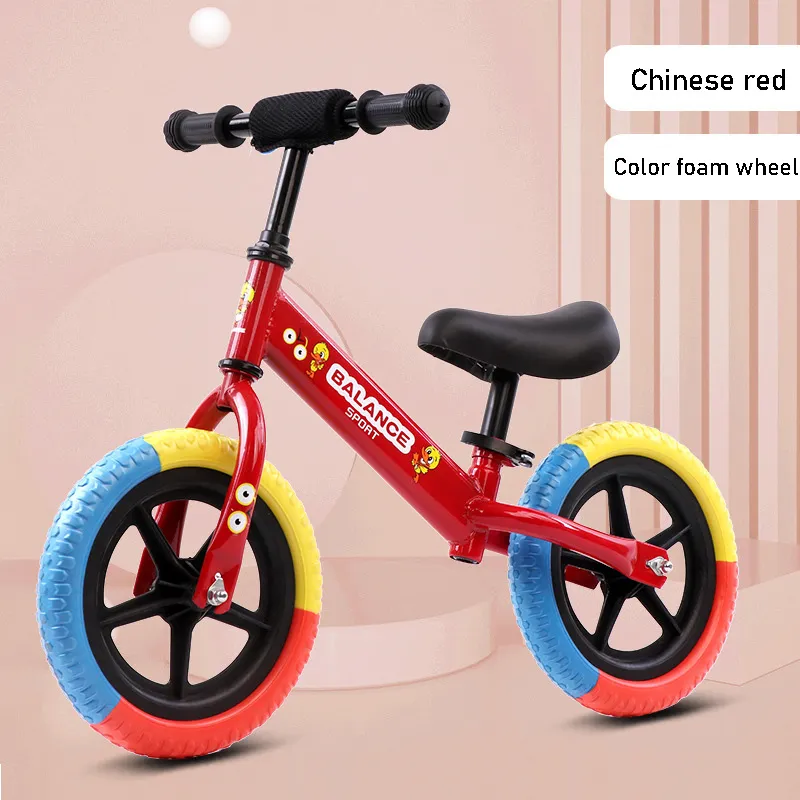
Figure 5: Exemplifying robust after-sales support for the electric balance car product range.
Our robust support framework ensures that B2B partners receive not just a superior product, but also a reliable and long-term partnership built on trust and mutual success.
Frequently Asked Questions (FAQ) for Electric Balance Car Solutions
Q1: What age range is suitable for your electric balance car models?
A: Our electric balance car range typically caters to children aged 2 to 8 years, with specific models (12-inch and 14-inch) designed for optimal fit and safety within those age groups. Adjustable seat and handlebar heights ensure ergonomic comfort as children grow.
Q2: What are the main safety features integrated into your electric balance bikes?
A: Our electric balance car models incorporate multiple safety features, including adjustable speed limiters, child-friendly braking systems, robust and low-profile frames for stability, non-slip grips, and comprehensive Battery Management Systems (BMS) for electrical safety. All products comply with international safety certifications like CE, EN71, and ASTM F963.
Q3: How long does the battery last on a single charge, and what is its lifespan?
A: Depending on the model and usage, a single charge can provide a range of 15-20 km. Our high-quality lithium-ion batteries are designed for a long lifespan, typically offering 500-1000 charge cycles while maintaining optimal performance. Charging usually takes 2-4 hours.
Q4: Can these electric balance cars be customized for bulk orders or private labeling?
A: Yes, we offer extensive OEM/ODM services. This includes customization of branding, color schemes, technical specifications (e.g., motor power, battery capacity), tire types, and packaging. Our team works closely with B2B partners to meet their specific market and brand requirements.
Q5: What kind of warranty and after-sales support do you provide for B2B clients?
A: We provide a standard 12-month warranty on key components and offer extended warranty options. Our comprehensive after-sales support includes a dedicated account manager, technical assistance, readily available genuine spare parts, and training resources to ensure the longevity and performance of your electric balance car fleet.
Conclusion
The modern electric balance car represents a significant advancement in children's mobility, offering unparalleled benefits in terms of developmental support, safety, and engagement. For B2B partners, investing in high-quality, technically superior electric car balance solutions is a strategic decision that promises high returns through enhanced brand reputation, operational efficiency, and customer satisfaction.
By focusing on robust manufacturing processes, stringent quality control, comprehensive certifications, and flexible customization options, leading manufacturers ensure that their products not only meet but exceed market expectations. This holistic approach, combined with dedicated after-sales support and transparent business practices, establishes the foundation for lasting and successful B2B partnerships in the evolving landscape of children's recreational products.
References
- Grand View Research. (2023). Kids’ Electric Vehicles Market Size, Share & Trends Analysis Report.
- European Committee for Standardization. (2020). EN 71-1: Safety of Toys - Part 1: Mechanical and Physical Properties.
- ASTM International. (2021). ASTM F963-17: Standard Consumer Safety Specification for Toy Safety.
- International Organization for Standardization. (2015). ISO 9001: Quality management systems – Requirements.
- United Nations. (2023). Recommendations on the Transport of Dangerous Goods, Manual of Tests and Criteria, Subsection 38.3.
-
Discover Top E Bike Brand Insights, Specs & Future Trends | Yanline Bike
NewsNov.24,2025
-
Green E Bike – The Future of Sustainable Urban Mobility
NewsNov.24,2025
-
Ruffian eBike: Durable, Efficient Electric Bikes for Modern Mobility
NewsNov.23,2025
-
Comprehensive Guide to the Global E Bike Market and Future Trends
NewsNov.23,2025
-
Understanding Electric Bicycle Range: A Complete Guide for Smarter E-Bike Use
NewsNov.22,2025
-
Ceron Electric Bike – Efficient, Sustainable Urban Mobility Solutions
NewsNov.22,2025
-
Discover the Benefits and Innovations of Go Ebike | Sustainable Urban Mobility
NewsNov.22,2025




